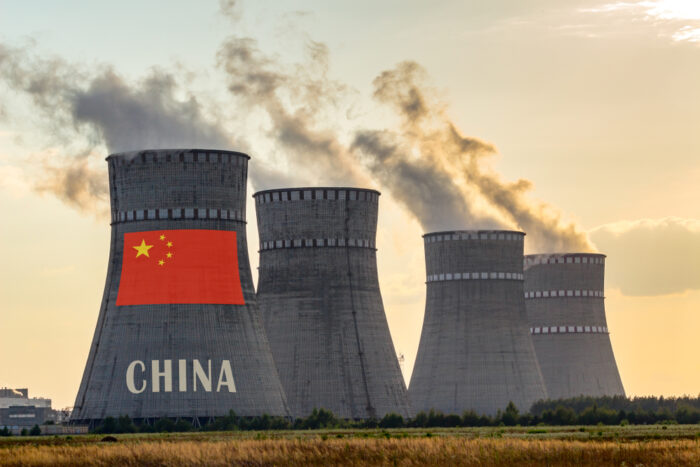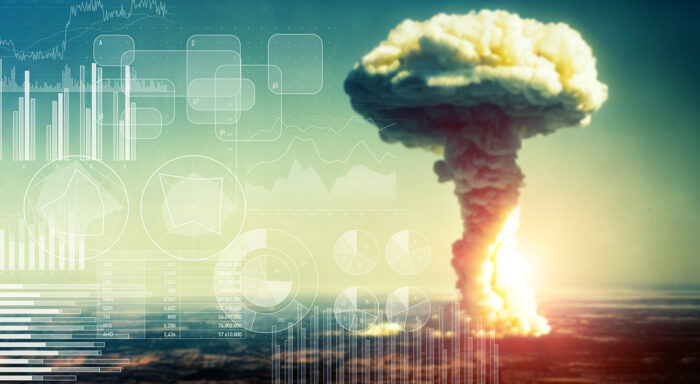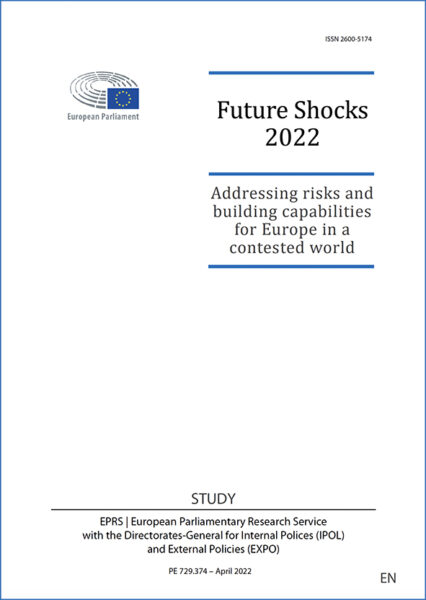On 14 July 2015, after 12 years of repeated crises around the nuclear issue and the ambitions of Iran in that regard, an agreement was finally signed between Tehran and the members of the UN Security Council plus Germany. Restriction on the enrichment of uranium and the production of plutonium, a strengthening of the inspection regime, the lifting of sanctions against Iran from 2016 onwards, maintaining the arms embargo –these are, broadly speaking, the outlines of this agreement. It will become clear over time how it is to be applied. Above and beyond these aspects, it is probably in the negotiation process that led to the agreement that the greatest lessons are to be learned, at least for the European Union. After reminding us of the context and the role played by economic and financial sanctions, Jean-François Drevet goes more precisely into the analysis of the new role the Union has assumed in this diplomatic territory, showing the extent to which “soft power”, as seen in this negotiation, could apply to other conflicts, beginning with those in the Middle East.
The European Union and Iranian Nuclear Power
Cet article fait partie de la revue Futuribles n° 409, nov.-déc. 2015


